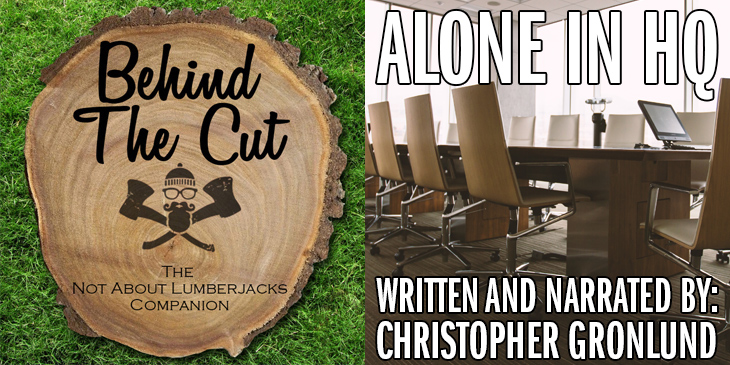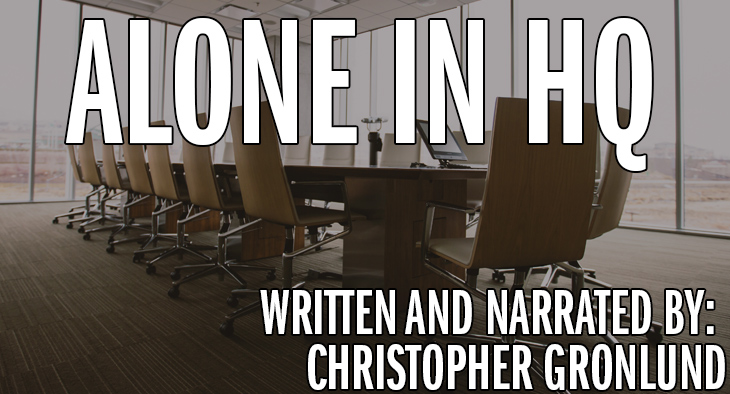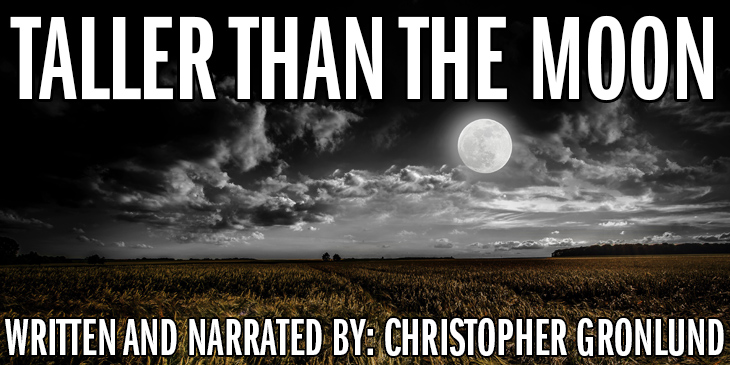
A kid makes a monster in his bathtub for a very specific reason…
(What could go wrong?)
Content Advisory: Swearing, bullying. Mention of masturbation. A father who cheats on his wife. Overbearing mother. Violence: young boys fighting. Gross sound effects. (Seriously, I received more feedback about “Booger” than any other story…all about how disgusting the sound design is. It is a story about a vile monster, after all.)
* * *
Credits:
Music: Ergo Phizmiz and Yung Kartz. Additional song: Whip Yo Head,” by Dollar Boyz.
Story: Christopher Gronlund.
Podcast: Play in new window | Download
Subscribe: RSS



